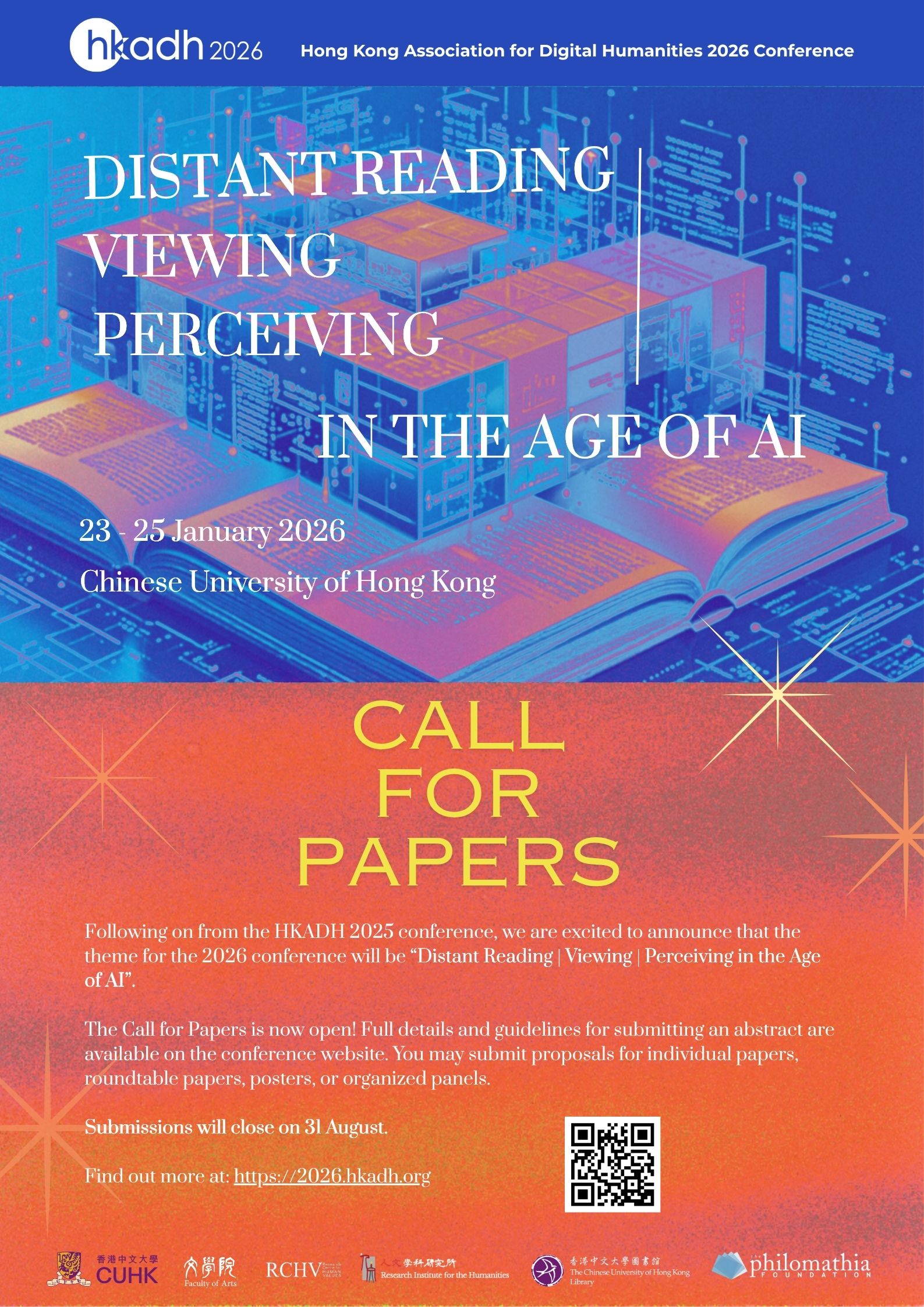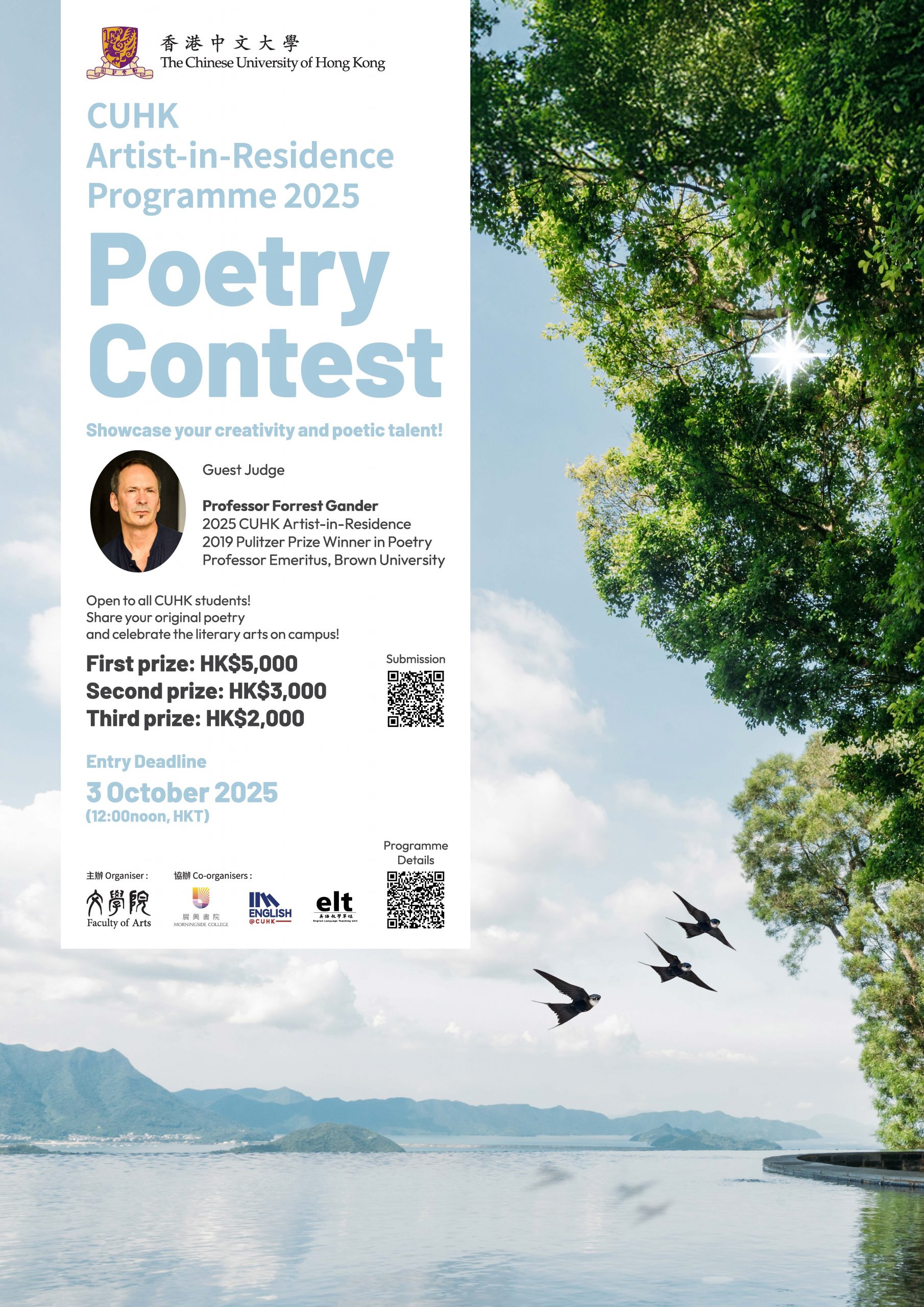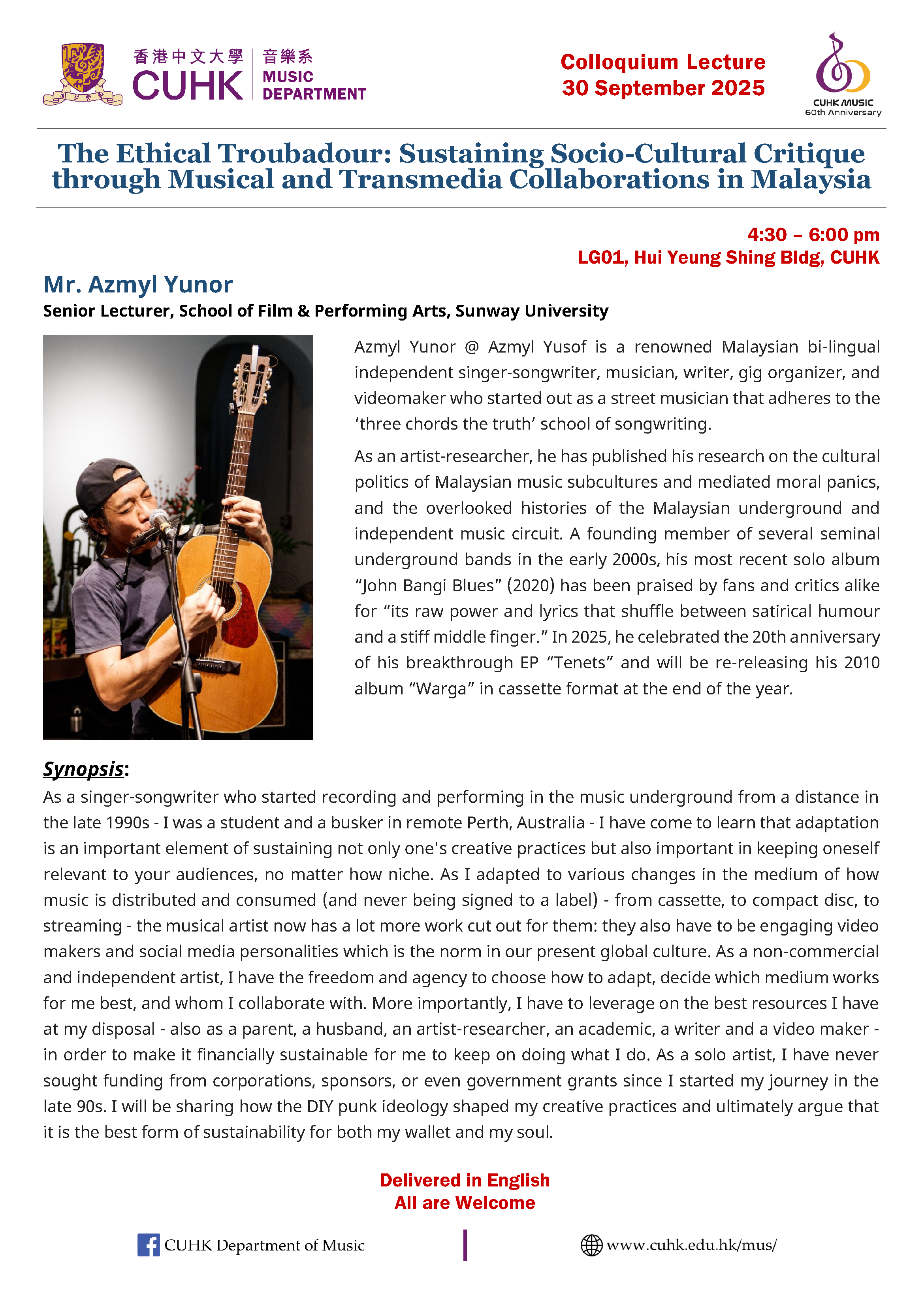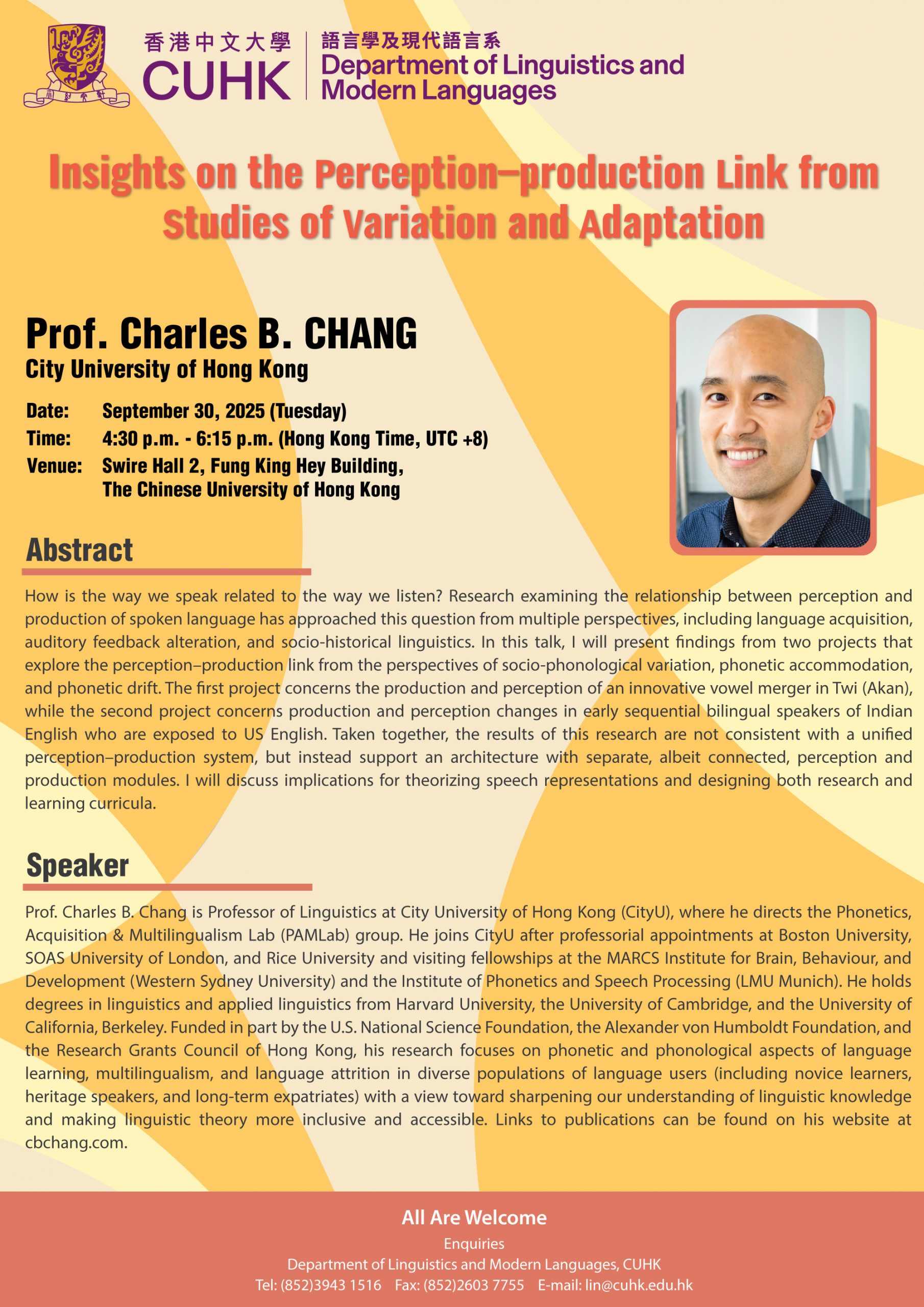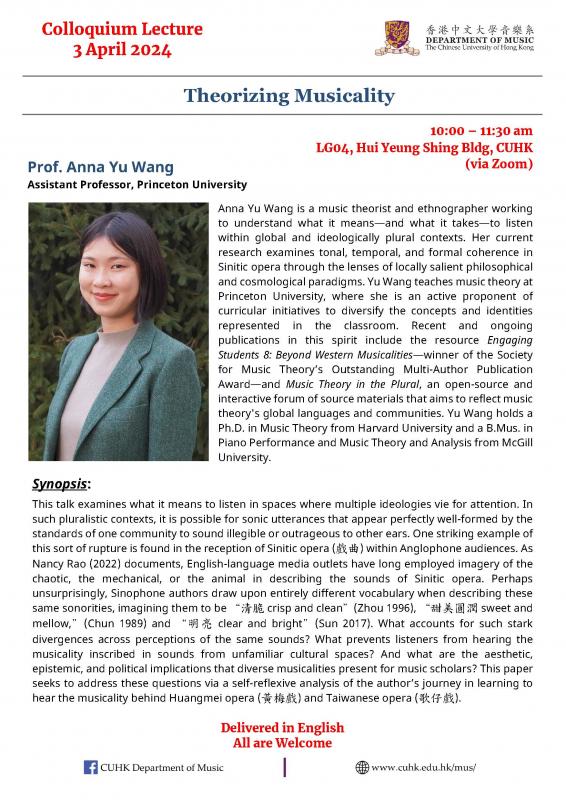
Anna Yu Wang is a music theorist and ethnographer working to understand what it means—and what it takes—to listen within global and ideologically plural contexts. Her current research examines tonal, temporal, and formal coherence in Sinitic opera through the lenses of locally salient philosophical and cosmological paradigms. Yu Wang teaches music theory at Princeton University, where she is an active proponent of curricular initiatives to diversify the concepts and identities represented in the classroom. Recent and ongoing publications in this spirit include the resource Engaging Students 8: Beyond Western Musicalities—winner of the Society for Music Theory’s Outstanding Multi-Author Publication Award—and Music Theory in the Plural, an open-source and interactive forum of source materials that aims to reflect music theory’s global languages and communities. Yu Wang holds a Ph.D. in Music Theory from Harvard University and a B.Mus. in Piano Performance and Music Theory and Analysis from McGill University.
This talk examines what it means to listen in spaces where multiple ideologies vie for attention. In such pluralistic contexts, it is possible for sonic utterances that appear perfectly well-formed by the standards of one community to sound illegible or outrageous to other ears. One striking example of this sort of rupture is found in the reception of Sinitic opera (戲曲) within Anglophone audiences. As Nancy Rao (2022) documents, English-language media outlets have long employed imagery of the chaotic, the mechanical, or the animal in describing the sounds of Sinitic opera. Perhaps unsurprisingly, Sinophone authors draw upon entirely different vocabulary when describing these same sonorities, imagining them to be “清脆 crisp and clean” (Zhou 1996), “甜美圓潤 sweet and mellow,” (Chun 1989) and “明亮 clear and bright” (Sun 2017). What accounts for such stark divergences across perceptions of the same sounds? What prevents listeners from hearing the musicality inscribed in sounds from unfamiliar cultural spaces? And what are the aesthetic, epistemic, and political implications that diverse musicalities present for music scholars? This paper seeks to address these questions via a self-reflexive analysis of the author’s journey in learning to hear the musicality behind Huangmei opera (黃梅戲) and Taiwanese opera (歌仔戲).

